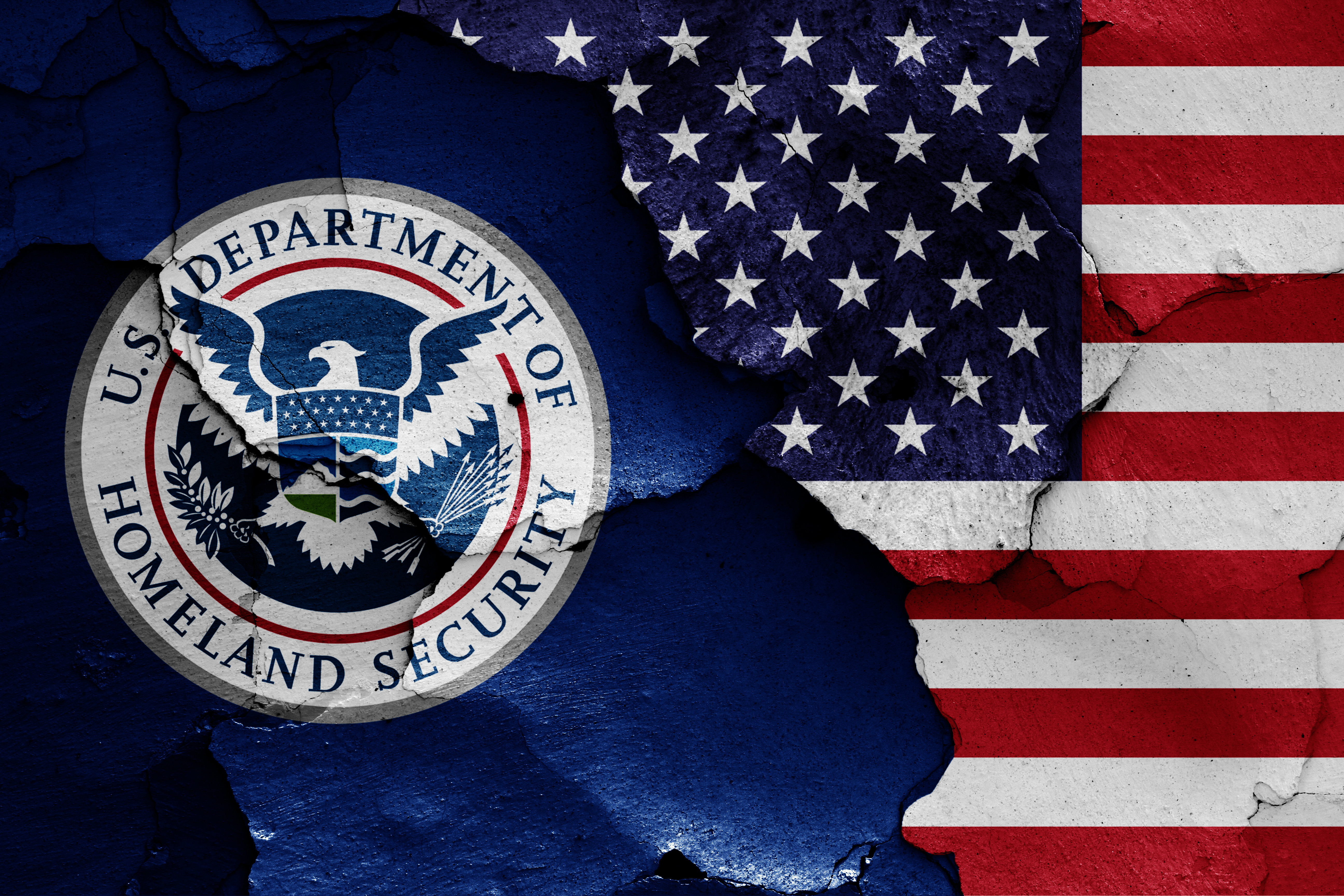In a sweeping move, the Department of Homeland Security (DHS) has abruptly terminated all its advisory committees, dismantling decades of institutional expertise and halting an ongoing investigation into a Chinese-linked cyberespionage operation targeting US telecom companies. Sources familiar with the decision confirmed the development to CBS News, calling it a significant disruption to critical cybersecurity efforts.
The decision, disseminated in a memo signed by Acting DHS Secretary Benjamin C. Huffman, cited the need to "eliminate the misuse of resources" and prioritize activities aligned with national security. “I am directing the termination of all current memberships on the advisory committees within DHS, effective immediately,” Huffman stated in the memo, dated January 20.
DHS advisory committees have historically provided expert guidance on a range of issues, from disaster preparedness and critical infrastructure to AI and cybersecurity. Among the most prominent of these panels is the Cyber Safety Review Board, modeled after the National Transportation Safety Board, which has been tasked with investigating major cyber intrusions. The review board was probing the "Salt Typhoon" operation—an alleged Chinese-linked hack that infiltrated American telecom networks, sweeping up metadata from millions of Americans and reportedly targeting senior US government officials, including former President Donald Trump and Vice President JD Vance. Lawmakers have described the breach as one of the most damaging in telecom history, with bipartisan calls for a thorough investigation. Beijing has consistently denied involvement in the hacking allegations.
The Cyber Safety Review Board aims to provide a holistic and public accounting of major cybersecurity breaches, much like air accident review boards investigating aviation disasters. Its probe into the Salt Typhoon operation had the potential to set new standards in cyber threat analysis and mitigation. However, the termination of the advisory committees effectively derails the investigation, with sources describing it as essentially dead in the water. While Huffman’s memo indicated that former members could reapply, experts suggest the process of rebuilding these panels from scratch would likely stall progress indefinitely.
This decision raises broader concerns about DHS’s approach to national security and resource management. While the department justifies the move as necessary to curb inefficiencies, critics argue that disbanding advisory bodies mid-investigation weakens the nation’s readiness to counter rapidly evolving cyber threats. At a time when cyberespionage by state actors is increasingly sophisticated and frequent, the elimination of expert panels undermines the government’s ability to respond with agility and depth.
Even more, the Salt Typhoon breach not only did it expose vulnerabilities in telecom infrastructure, but it also highlighted how foreign actors could exploit those gaps to undermine US leadership. DHS risks losing valuable momentum and expertise in its cybersecurity efforts by disbanding the very board tasked with investigating this landmark intrusion. This development leaves policymakers, industry leaders, and security experts grappling with how to rebuild momentum amid intensifying geopolitical and cyber challenges.
For now, the future of the Salt Typhoon investigation—and DHS’s advisory ecosystem—remains in limbo. The potential loss of progress underscores the critical need for clarity and stability in addressing cybersecurity priorities.
.png?width=1816&height=566&name=brandmark-design%20(83).png)



